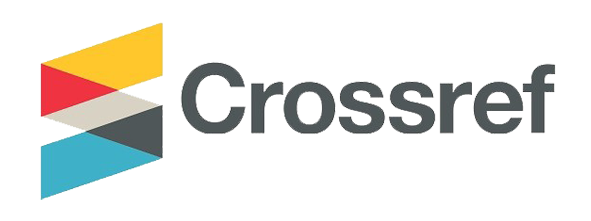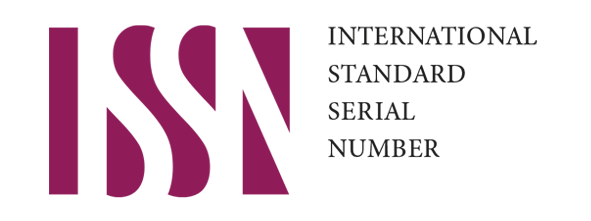Pengaruh Strategi Modeling Partisipan Terhadap Kemandirian Belajar Pada Siswa Kelas VIII MTs Nurul Huda Serapuh ABC
DOI:
https://doi.org/10.51178/jsr.v3i3.552Keywords:
Participant Modeling Strategy, Independent LearningAbstract
The background of this research is that based on the identification carried out by the researchers at the research location, namely: Learning that has been carried out in class VIII MTs Nurul Huda Serapuh ABC specifically for Fiqh subjects does not emphasize learning by providing direct learning experiences through the development of process skills, scientific attitudes and less develop independent learning. This causes low student learning independence. The objectives of this research are: To determine the effect of participant modeling learning strategies on increasing learning independence in learning fiqh students in class VIII MTs Nurul Huda Serapuh ABC. The type of research used in this study is a quantitative research method. In this study the form of the instrument used is in the form of a questionnaire using a Likert scale attitude that has been modified with the following assessments: often scores 3, Rarely scores 2, and Never scores 1. The results of this study are: The results of hypothesis testing are also carried out independently. partial with the significance or the effect of the independent variable on the dependent variable that, the tcount (partial) for the participant modeling learning strategy is 2,672 with a significance level of 0.01, the participant modeling learning strategy variable has a positive and significant effect on students' learning independence with a tcount value (2,672 ) > t table (2.021) and the significant value (0.01) <0.05 indicates that the participant modeling learning strategy has a positive and significant effect on student learning independence. This can be seen with a significant value of 0.01 which is smaller than = 0.05. The participant modeling learning strategy will be able to increase students' learning independence because the better and better the participant modeling learning strategy made by the teacher, students will get an increase in affective, cognitive, and psychomotor aspects in the classroom. Students will also look more active and critical, this causes a positive effect on the participant's modeling learning strategy on student learning independence.
Downloads
Published
Issue
Section
License
Copyright (c) 2022 Education Achievement: Journal of Science and Research

This work is licensed under a Creative Commons Attribution-ShareAlike 4.0 International License.














